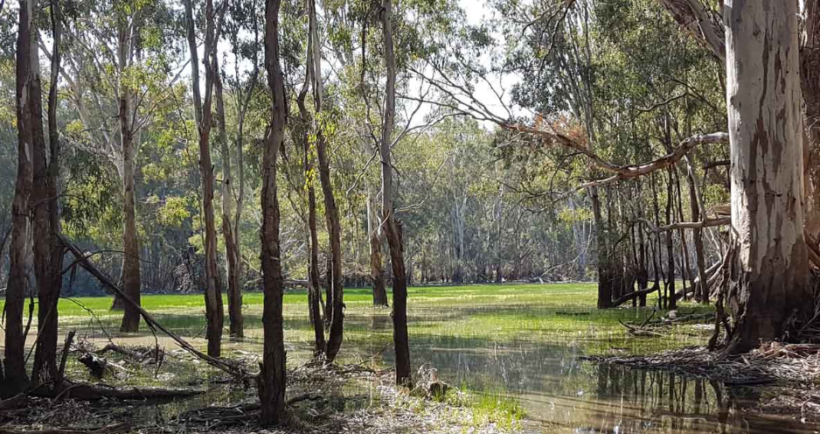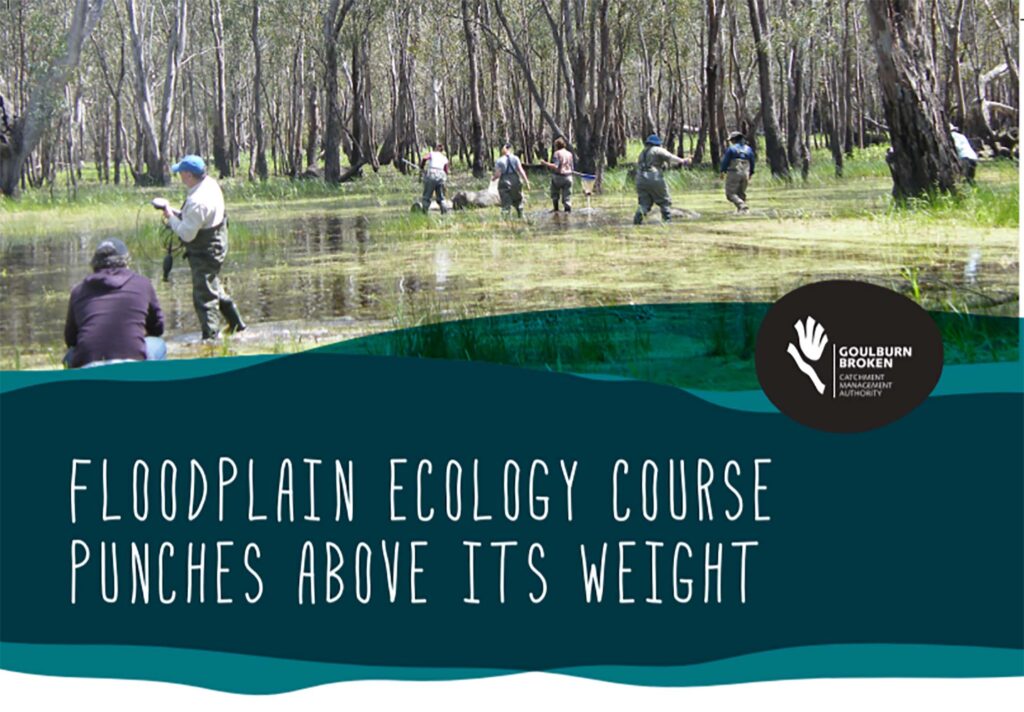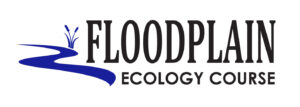
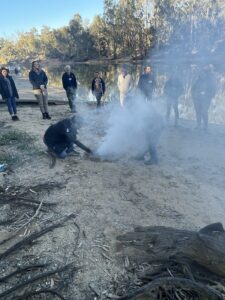
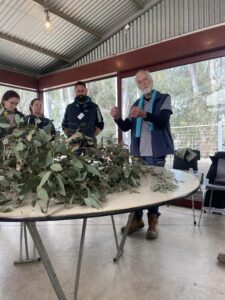
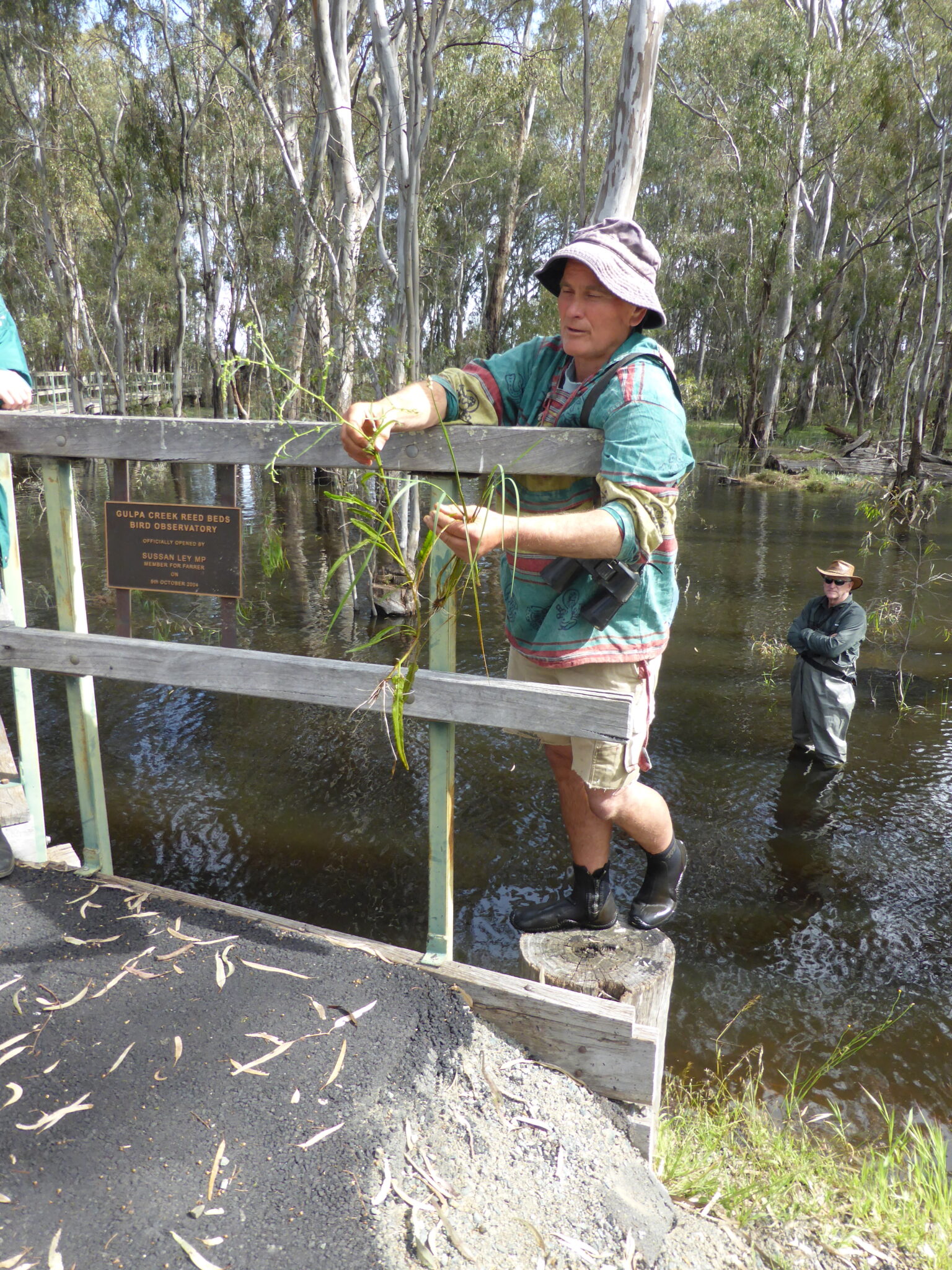
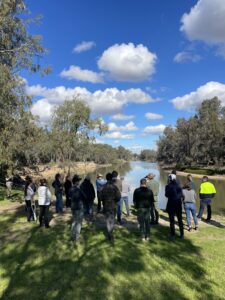
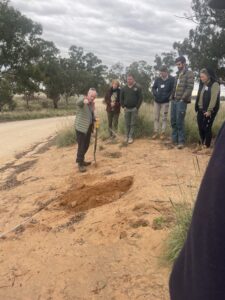
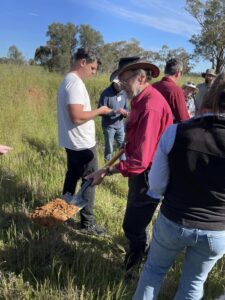
2024 Course Dates: Monday 7th to Friday 11th October 2024
The purpose of the Floodplain Ecology Course is to promote awareness and greater understanding of these complex ecosystems in a drying climate, their ecological importance and values, the intimate connection of floodplains with the health of their parent rivers, and how in a volatile political setting consideration of floodplains is important to the long term sustainable use of our waterways.
The course is a week-long, high intensity, fascinating and fun experience.
> Geology and landscape history and climate – how floodplains are formed
> Geomorphology, hydrology and hydraulics of floodplains
> Floodplain soils
> Floodplain vegetation
> Floodplain fauna
> Biogeochemical processes and functions on the floodplain. Specifically, the Floodplain ecology.
The course aims to give participants:
> a better understanding of the geomorphological, hydrological and ecological processes of floodplain ecosystems;
an understanding of flooding dynamics and the impact of human use on this process, past and present
> provide examples of practical skills in observation, description, survey/assessment, analysis, interpretation, and assessment, of geomorphological features, hydrological regimes, soils and flora and fauna on floodplains.
> The focus of the course will be on the floodplains of the Goulburn – Murray system in the region of Barmah.
Instructors & presenters:
> Keith Ward is a wetland ecologist whose main areas of research have been the vegetation, waterbirds and frogs of Barmah-Millewa Forest and fish and water bugs of the Hattah Lakes system near Mildura.
> Neville Rosengren has surveyed the geomorphology and geology of conservation sites in most parts of Victoria. He is particularly interested in the modes and dynamics of landscape evolution.
> Damien Cook is a restoration ecologist with a keen interest in plant and frog taxonomy, wetland ecology and the processes which lead to the degradation of natural ecosystems and how these can be reversed. He has studied natural history for over 25 years and has worked as an ecologist, project manager and environmental educator for the last 20 years.
> Ian Rutherfurd is a fluvial geomorphologist with over 20 years experience working on the geomorphology and management of streams. He is currently Director of Research with Alluviam ConsultingHe brings deep experience in the application of research to all aspects of river and water management, as well as excellent connections across the water sector.
> Darren Baldwin is an aquatic ecologist/bio geochemist with over 20 years post-doctoral experience. Much of Darren’s research to date has centred on how perturbations affect the way that energy and matter move through and are transformed in aquatic ecosystems.
> Lindy Lumsden is a wildlife biologist with a passion for bats, their ecology, and introducing them to people. In recent years Lindy’s research has focused on rural landscapes, investigating the distribution, ecology, and habitat requirements of insect-eating bats.
> Daryl Nielsen is a freshwater ecologist whose primary research includes the ecology of microfauna in wetlands and riverine environments. His current activities include examination of the impacts of secondary salinisation on dormant eggs and seeds of aquatic organisms.
> Other presenters may include Zeb Tonkin (Arthur Rylah Institute), John Laing (GMLN terrestrial invertebrate expert), Susan Watson (The Living Murray) and Sue Logie (Superb Parrot Project), and other ecological members from various organisations.
NB: Presenters may be subject to change. Topics will remain the same.
Location details:
The course is based at Barmah in River Red Gum floodplain country. Accommodation will be shared, in comfortable on-site units at the Morning Glory River Resort, Gilmour Road, Moama, with shared bathroom & kitchen facilities. Catering is inclusive of all meals.
Course Fee:
The course fee for 2024 is $2100 plus GST. The course fee includes accommodation, meals, field trips, transport during the course, course presentations, and course notes. Please note that the course commences at 8am on the Monday morning so it is strongly advised that attendees travelling long distances travel to the course on the Sunday afternoon. Accommodation and meals can be provided for the Sunday evening at an additional cost of $135 plus GST per person.
Numbers:
The course is limited to 25 participants. Further details, including the Course Notes, will be given out to registered participants closer to the date.
Enquiries:
Phone: (03) 5821 3530 or email: info@gmln.com.au
FAQ’s:
> Attendee places are reserved for people who have not completed the course prior
> Payment in full is required prior to the course commencement

